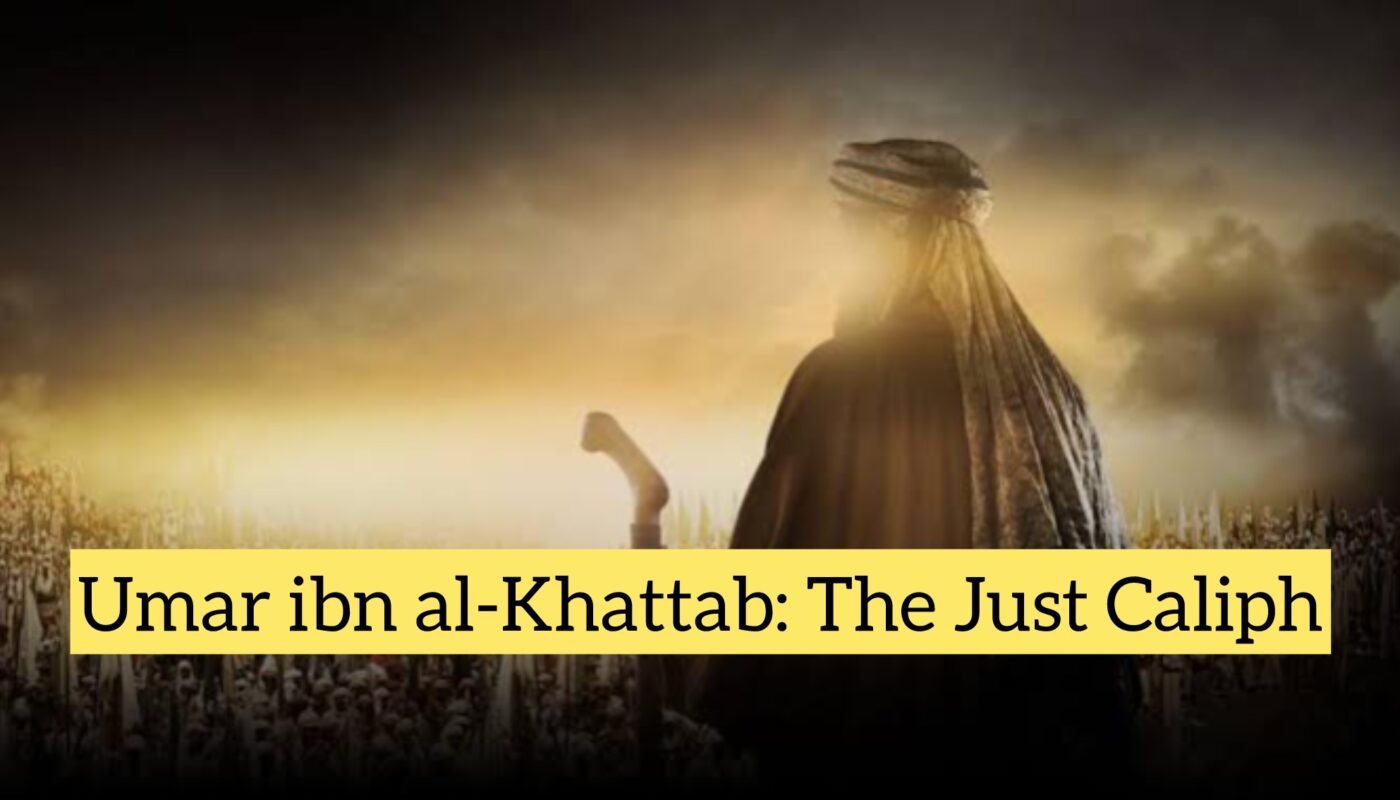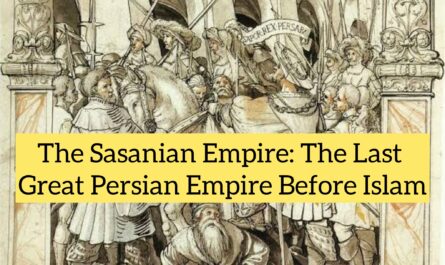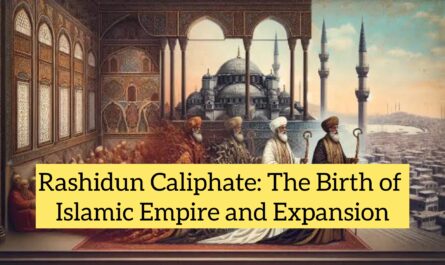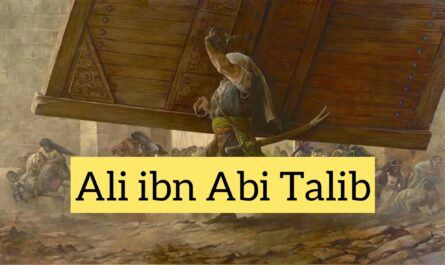Introduction
Umar ibn al-Khattab (RA), also known as Umar al-Farooq, was the second caliph of Islam and one of the closest companions of the Prophet Muhammad (PBUH). Known for his unwavering sense of justice, administrative acumen, and piety, Umar’s caliphate marked a golden era in Islamic governance and expansion. His legacy continues to influence Muslim societies, jurisprudence, and leadership to this day.
Early Life
Umar ibn al-Khattab was born around 584 CE in Mecca into the Banu Adi clan of the Quraysh tribe. His father, al-Khattab ibn Nufayl, was a respected merchant. Before embracing Islam, Umar was known for his physical strength, eloquence, and fiery temper. He was also literate and educated, a rare quality in pre-Islamic Arabia.
Initially a fierce opponent of Islam, Umar converted in the 6th year of prophethood, around 616 CE, after reading verses from Surah Taha. His conversion was a turning point for the early Muslim community, as he openly declared his faith and brought strength and protection to the believers.
Umar and the Prophet Muhammad (PBUH)
After embracing Islam, Umar became one of the Prophet Muhammad’s (PBUH) most trusted companions. He participated in key battles, including Badr, Uhud, and Khaybar, and served as an advisor during the Prophet’s lifetime. His courage, strong sense of justice, and commitment to truth earned him the title al-Farooq, meaning “the one who distinguishes between right and wrong.”
Caliphate of Umar ibn al-Khattab (634–644 CE)
Succession
After the death of Abu Bakr al-Siddiq (RA) in 634 CE, Umar was nominated and unanimously accepted as the second Caliph of the Muslim Ummah. His leadership was marked by significant territorial expansion and internal reforms.
Administrative Reforms
Umar was a visionary administrator who laid the foundation for the Islamic governance system. Some of his major administrative reforms include:
-
Establishing the Diwan: A register to organize soldiers and distribute stipends.
-
Founding public institutions: Including courts, police, and public treasury (Bayt al-Mal).
-
Appointment of judges (Qadis) to administer justice based on Islamic law.
-
Building infrastructure: Roads, canals, and rest houses for travelers and soldiers.
Justice and Welfare
Umar was known for his strict adherence to justice, regardless of the social status of the individuals involved. His famous statement reflects his ethos:
“If a dog were to go hungry on the banks of the Euphrates, I would be held responsible by Allah.”
He walked the streets of Medina at night in disguise to check on the well-being of his people. During the famine of 639 CE, he refused to eat anything that was not available to the common people.
Military and Territorial Expansion
Under Umar’s rule, the Islamic empire expanded rapidly. His caliphate saw the defeat of the two superpowers of the time:
-
Byzantine Empire: Key battles included Yarmouk (636 CE), leading to the conquest of Syria and Palestine.
-
Sassanid Empire: Victories at Qadisiyyah (636 CE) and Nahavand (642 CE) opened Iraq and Persia to Islam.
By the end of his caliphate, the Islamic state stretched from Libya in the west to Persia and Central Asia in the east.
Death and Legacy
In 644 CE, Umar was assassinated by a Persian slave named Abu Lu’lu’ah (Firuz) while leading the Fajr prayer in Medina. He was buried beside the Prophet Muhammad (PBUH) and Abu Bakr (RA) in the Prophet’s Mosque.
Legacy
Umar’s contributions to Islam are profound:
-
Model of justice: He remains a timeless example of fair and righteous governance.
-
Governance systems: His administrative frameworks influenced Islamic and even Western governance systems.
-
Moral strength: He epitomized the blend of strength, humility, and accountability in leadership.
Muslims revere him not only as a Rightly Guided Caliph but also as a benchmark for Islamic leadership.
Quotes by Umar ibn al-Khattab
“Hold yourself accountable before you are held accountable.”
“Fear him whom you hate.”
“Sometimes the people with the worst past create the best future.”
Conclusion
Umar ibn al-Khattab’s life is a shining example of transformation, dedication, and leadership. From a staunch opponent of Islam to one of its greatest champions, his story is a powerful narrative of faith, justice, and service. His caliphate remains a golden era that Muslims look back to for inspiration in governance, justice, and piety.



